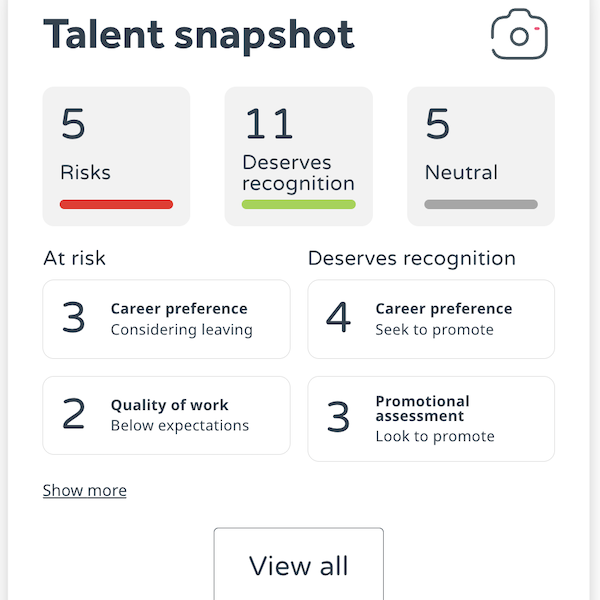According to the Washington Post, the annual performance review is finally on its way.
A number of big companies have already said they’re taking the plunge, Accenture, Gap and Adobe among them. But now General Electric has come out of the office and announced it is piloting a change in the way the dreaded annual reviews are handled, and this looks like the tipping point. Maybe they have read our ebook, the Missing Manual for the Human Being, but whatever the reason, there appears to have been an epiphany at GE and they have decided to try shelving the formal review in favour of actually talking to people.
Even more interestingly, they are considering – perhaps – abandoning altogether the even more dreaded performance rankings. This last idea is just in the realms of possibility at the moment, but the fact that GE is even considering it reflects a cataclysmic shift in big-company thinking on people management.
How did it take so long?
Under the forced ranking system, managers had to put a proportion of their people into the high, medium and low rankings … and then fire the low ones. This kind of system could only have been invented before Daniel Pink’s ‘Drive’ was published, or before our own ebooks on the human being hit the market (get them free here) but even in the relatively dark ages after Taylorism and before modern appreciation of neurobiology, it is hard to see how anyone could have thought this a good idea. And then how so many companies were happy to follow the leader in matters that are so vital to corporate success.
The mechanisms that make this happen are becoming better understood all the time, but to understand why forced ranking is a bad idea it’s enough just to look at the effects of insecurity on the human brain and body. For a very good evolutionary reason (survival), we human beings are exquisitely sensitive to threats on our security. Make someone worried about their job and a whole host of changes swamp their neuronal and hormonal systems, drastically affecting their intelligence. Blood pressure and breathing rates increase, thinking style becomes more primitive, and the more upset we get, the more we focus on the cause of the upset, reducing even further the amount of attention available to do the work we’re supposed to be doing. All these effects are visited on people who know they are already in trouble – it’s frankly inhumane as well as counterproductive.
The practical result is that people under threat make worse decisions. They become less collaborative, less imaginative, less healthy, less likely to stay with the company, less everything that you want from your people. However, when the stresses and stimuli are in the Goldilocks zone (not too hot, not too cold), people get better: teamwork improves, people share ideas and collaborate, they become happier and find it easier to get the job done well.
As they say, work smarter not harder
As the pressure on managers has been going up (they look after an average of seven people now, against four 20 years ago), they have had progressively less time to devote to each person. Managers now spend over 200 hours a year on average just filling in forms and holding review meetings, so a 10,000 employee company will be spending over 30 million dollars a year on its annual reviews. Put this together with the fact that the tasks they are spending so much time on turn out not to be very useful, and there is a sudden and pressing need for a better idea.
Enter WeThrive: modern technology harnessed in the service of employee, company and customer alike. As a manager, you need to know certain things about each employee: how are they feeling about work, what do they need more of and what are they suffering too much of. Get that information, from the unique perspective of each employee, and feed that back into discussions with them, and your life suddenly becomes so much easier.
How WeThrive helps
WeThrive asks the questions that managers don’t have time to ask: what do you need more of, what are you suffering from. It’s more complex than that, of course, but it can still be completed on any device in just 10 minutes. The WeThrive questionnaire plans the domains of modern motivation and engagement theory, covering all the reasons why someone might not be happy, engaged and productive at work, so whatever your team’s problems, the results will reveal them.
In other words, WeThrive reveals the reasons for the difference between people’s potential and their actual performance. Then it prioritises the results and prompts you with the top four conversations that need to be held in order to make things better. Then you, as the manager, can sit down and hold the conversation, knowing that the issues you focus on are the ones the staff find get in the way of their working life.
